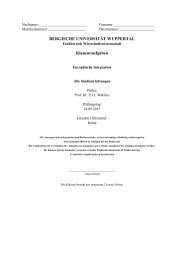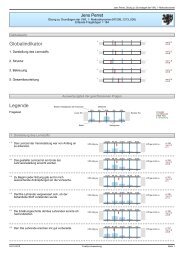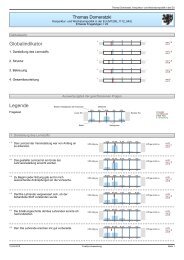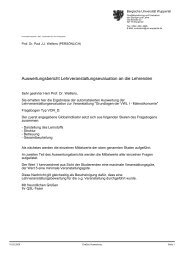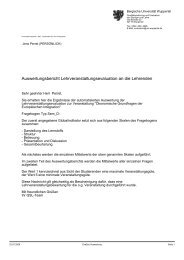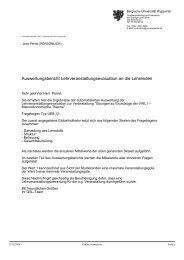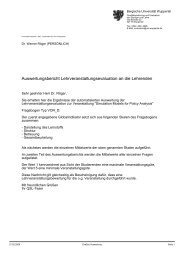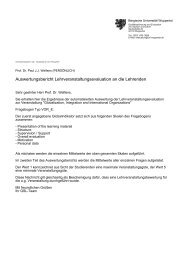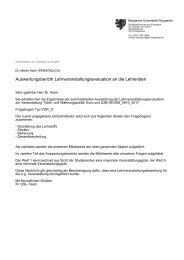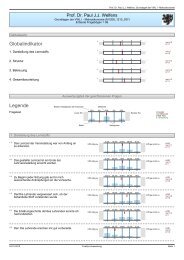UNIVERSITÄT POTSDAM - Prof. Dr. Paul JJ Welfens
UNIVERSITÄT POTSDAM - Prof. Dr. Paul JJ Welfens
UNIVERSITÄT POTSDAM - Prof. Dr. Paul JJ Welfens
You also want an ePaper? Increase the reach of your titles
YUMPU automatically turns print PDFs into web optimized ePapers that Google loves.
3.3 ICT as a General Purpose Technology?<br />
For assessing the impact of ICT on economic growth, we have to differentiate between<br />
two kinds of innovations. Many innovations concern the generation of new products or<br />
changes of production processes within specific sectors. Some innovations, however,<br />
result in the development of new, general purpose technologies, i.e. broad technologies<br />
with wide applications (BRESNAHAN / TRAJTENBERG, 1995; HELPMAN, 1998).<br />
These general purpose technologies give rise to changes in a wide range of industries<br />
and probably affect production processes, interindustry relations, work organization<br />
and skill requirements (OECD, 2000). Two often cited historical examples for such<br />
epoch-making technologies are the steam engine and electricity (the electric motor),<br />
which caused the first and second industrial revolution. On the other hand, there were<br />
very important innovations in the past which affected only one sector but which had a<br />
great impact on overall economic growth. For example, mechanical spinning-machines<br />
developed in the second half of the eighteenth century in the UK (the spinning jenny by<br />
Hargraves (1767) and the water frame by Arkwright (1769) as well as the following<br />
incremental innovations) affected only textile production, but due to the fact that at that<br />
time a large share of economic activity in the UK was textile production, the productivity<br />
gains associated with this new technology had a significant impact on the UK’s total<br />
economic performance.<br />
Various scholars argue that ICT is such a general purpose technology with<br />
broad impact on many sectors of the economy. Furthermore, the advocates of the “New<br />
Economy” assert that ICT products create spillovers which are not appropriated by the<br />
investor or the consumer. Hence, ICT products might increase total output and income<br />
beyond what is indicated by the actual prices paid for it (ARK, 2000). Against this optimism<br />
some other scholars assign ICT the role of the modern “mechanical spinningmachine”<br />
because in their view the growth acceleration at the end of 20th century was<br />
mainly due to improved productivity growth in the ICT-producing sector<br />
(JORGENSEN / STIROH, 2000). Ultimately, it is a question of empirical research to<br />
assess the role of ICT in growth and structural change. However, it is a common feature<br />
of new general purpose technologies that it takes a long time before they are implemented<br />
(including organizational changes) and used in such a way that they could<br />
develop their abilities to the fullest (DAVID, 1991). In this case, the productivity gains<br />
of ICT will only be reflected in increased overall productivity with a rather large delay<br />
(ARK, 2000).<br />
35



